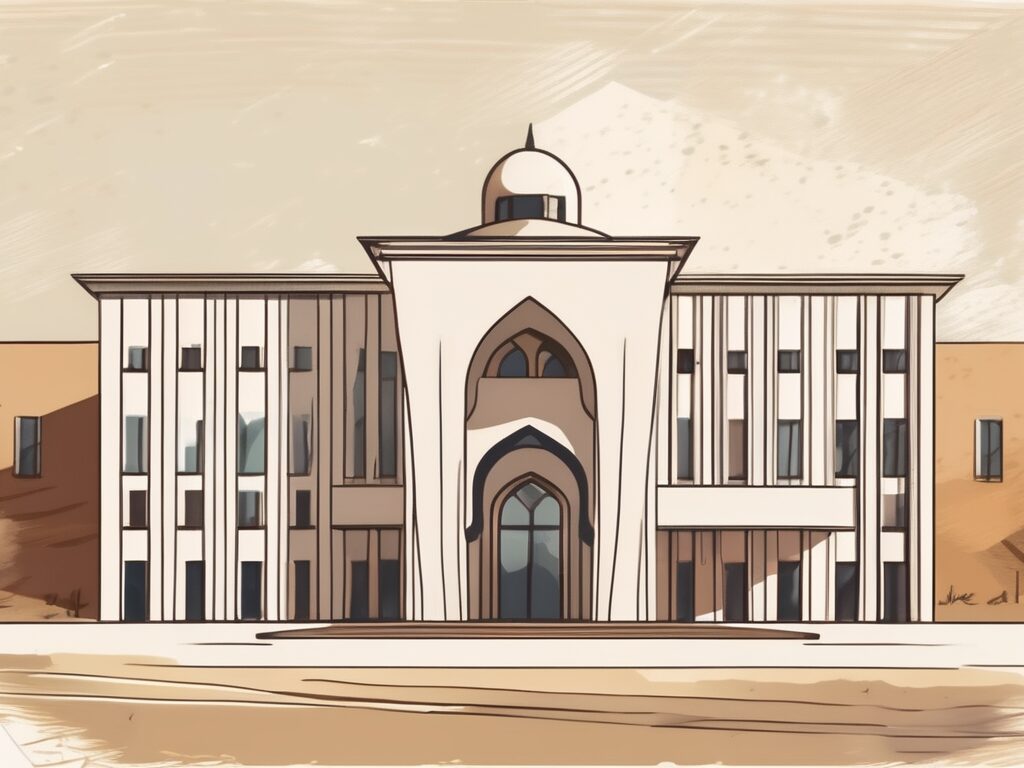A Comprehensive Guide to Teaching in International Schools in Morocco
Morocco, renowned for its rich cultural heritage, vibrant marketplaces, and breathtaking landscapes, has emerged as a prominent destination for educators seeking to broaden their professional horizons within international schools. The increasing number of international educational institutions provides numerous opportunities for teachers to engage in a distinctive teaching environment while experiencing the unique Moroccan lifestyle.
Overview of the Moroccan Education System
The Moroccan education system is characterized by a fusion of French and Arabic influences, with an increasing focus on English language instruction, particularly within international schools. The structure of the education system is segmented into primary, secondary, and tertiary levels, mirroring the framework commonly found in the United Kingdom.
International schools in Morocco offer a diverse array of curricula, including the International Baccalaureate (IB), American, British, and French educational systems. These institutions cater to a varied student demographic, encompassing both Moroccan students pursuing an international education and expatriate children.
Essential Qualifications for Teaching in Morocco
Prospective educators aiming to teach in Morocco must meet specific qualifications and competencies. While these requirements may differ based on the institution and the role, several general criteria are applicable.
Academic Credentials
- A Bachelor’s degree in education or a related discipline is typically required.
- A teaching certification from the educator’s home country, such as a PGCE in the UK, is generally necessary.
- Some institutions may mandate a Master’s degree or additional qualifications, particularly for leadership positions.
- Experience with the specific curriculum employed by the school is often advantageous; for instance, familiarity with the IB curriculum is beneficial for schools offering this program.
Language Proficiency
Given that English serves as the primary medium of instruction in most international schools in Morocco, a high level of English proficiency is imperative. Additionally, proficiency in French or Arabic can be a significant asset, considering the multilingual context of Moroccan society.
While not universally required, possessing language skills can enhance teaching effectiveness, facilitate communication with local staff and parents, and enrich the overall experience of living in Morocco.
Advantages of Teaching in Morocco
Teaching in Morocco presents numerous professional and personal benefits. The opportunity to work within a multicultural environment, coupled with the chance to explore the country’s rich history and culture, offers substantial rewards.
Opportunities for Professional Growth
International schools in Morocco are recognized for their commitment to professional development. Educators frequently have access to workshops, conferences, and training sessions, both locally and internationally. This not only enhances pedagogical skills but also fosters networking opportunities with educators from diverse backgrounds.
Moreover, teaching a heterogeneous student body can provide a rewarding and enriching experience, offering fresh perspectives on educational practices and methodologies.
Cultural Immersion in Morocco
Living and working in Morocco affords educators a unique opportunity to immerse themselves in the local culture. From exploring the bustling souks of Marrakech to hiking in the Atlas Mountains, there are countless avenues for discovery.
The culinary landscape of Morocco, celebrated for its distinctive flavors and traditional dishes such as couscous and tagine, further enhances the experience. Additionally, Morocco’s geographical proximity to Europe makes it an excellent base for further travel opportunities.
Navigating the Job Market for Teaching Positions in Morocco
There are several effective strategies for securing teaching positions in international schools in Morocco. Recommended approaches include:
- Utilizing online job boards dedicated to international education.
- Engaging with recruitment agencies that specialize in international teaching placements.
- Visiting the websites of individual schools to explore available opportunities.
It is important to note that the primary hiring season for international schools in Morocco typically occurs between January and March. Thorough research on each institution is essential prior to application, considering factors such as academic standards, teaching philosophies, facilities, and global accreditation. This diligence will ensure alignment with career aspirations and personal preferences.
Conclusion
Teaching in international schools in Morocco can be a profoundly rewarding experience, offering opportunities for professional development, cultural exploration, and impactful contributions to students’ lives. With the appropriate qualifications, a proactive mindset, and a willingness to embrace new challenges, educators can embark on a fulfilling teaching journey in the heart of Morocco.
Enhance Your International Teaching Career with IPGCE
Are you ready to elevate your teaching career in Morocco’s international schools? The IPGCE program serves as a vital resource for overcoming qualification barriers, advancing your professional trajectory, and connecting with a global network of educators. Join the UK’s leading Teacher Training Course and embark on a transformative professional development journey tailored to your busy schedule. Seize the opportunity to become a more adaptable, qualified, and successful international educator. Enroll in the iPGCE program today and begin shaping a brighter educational future.

